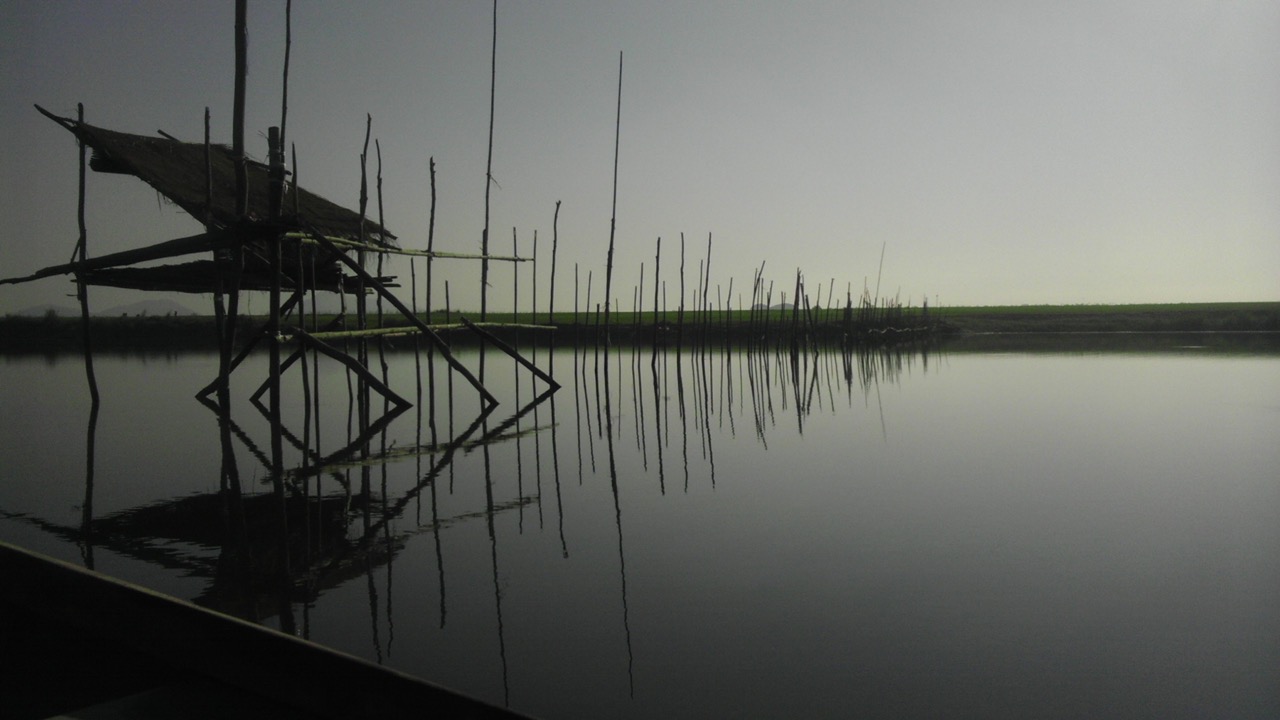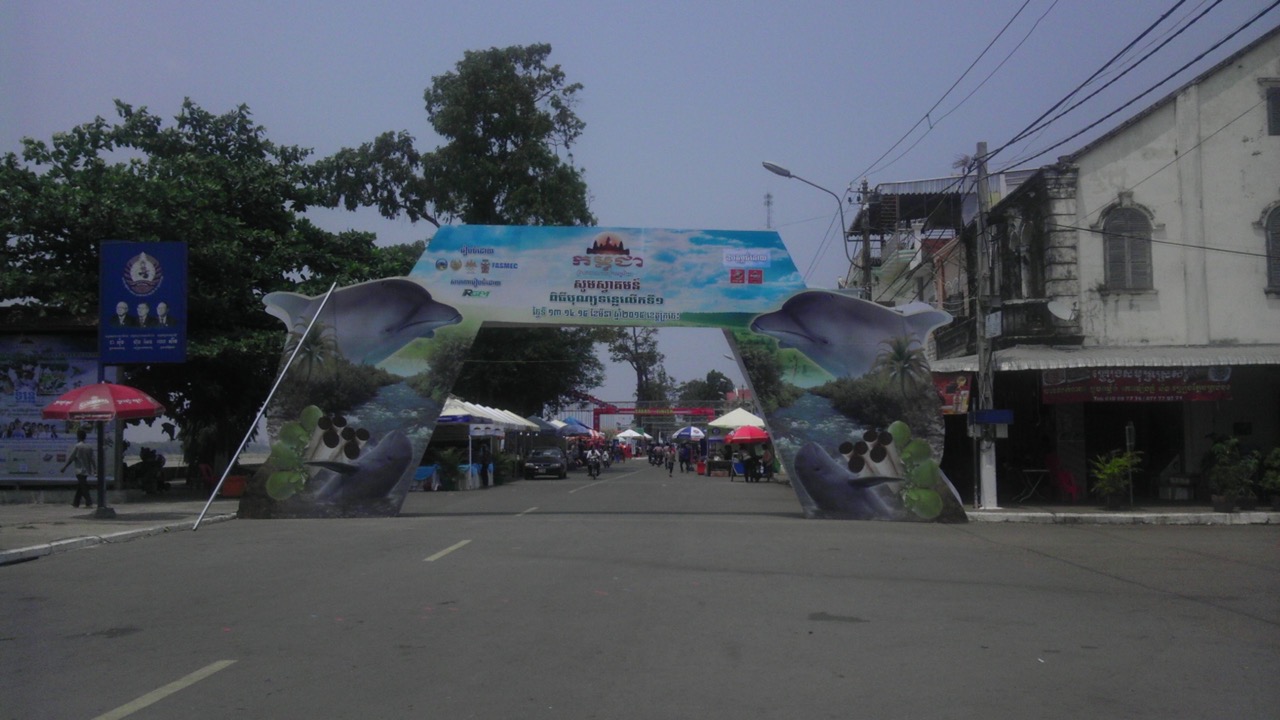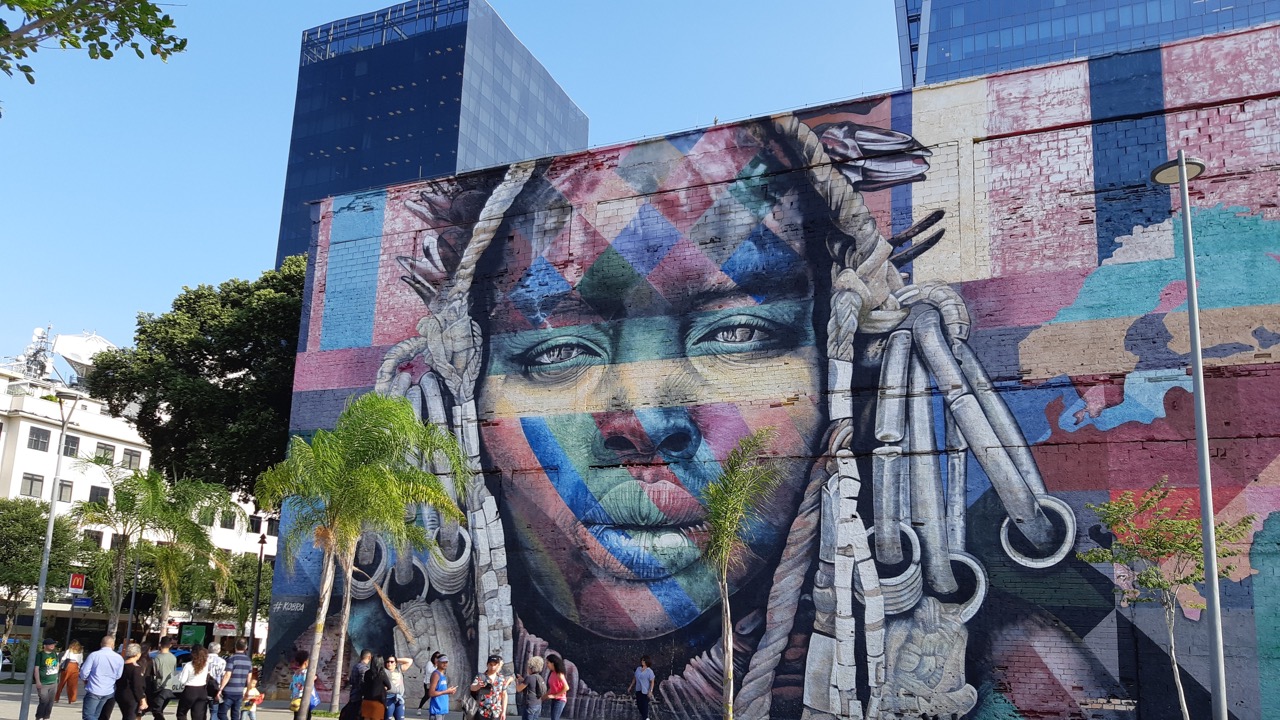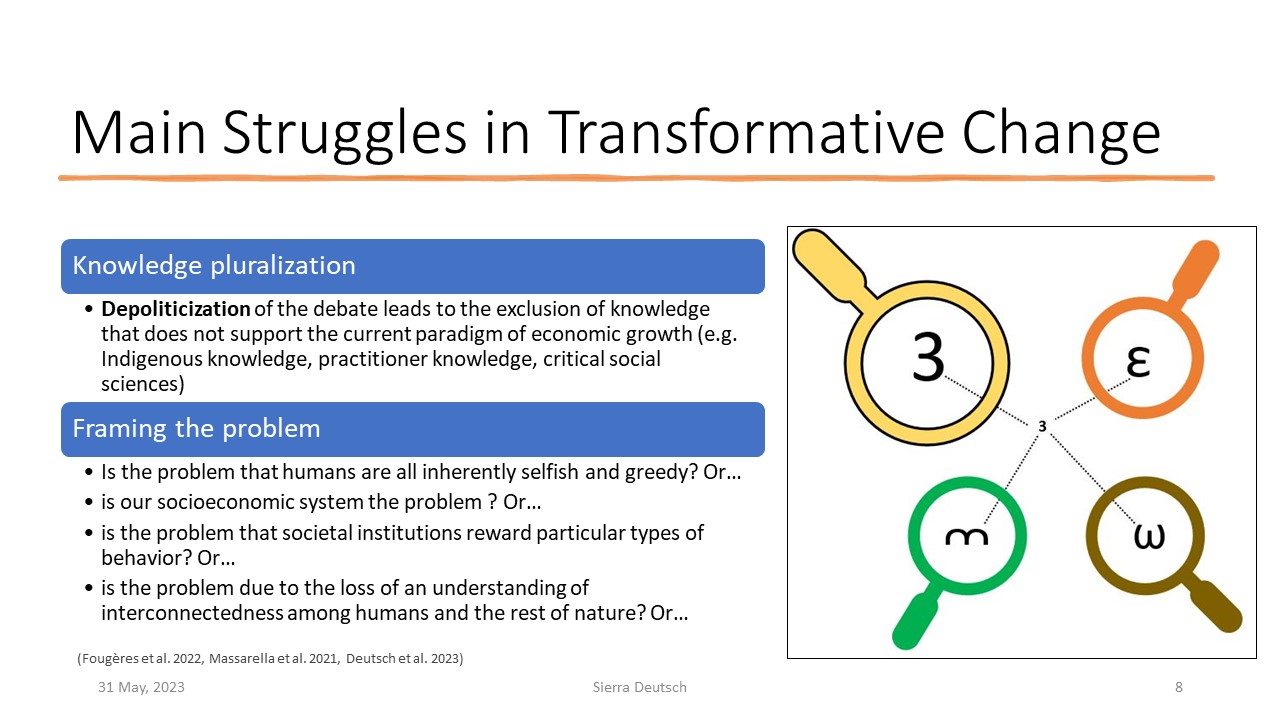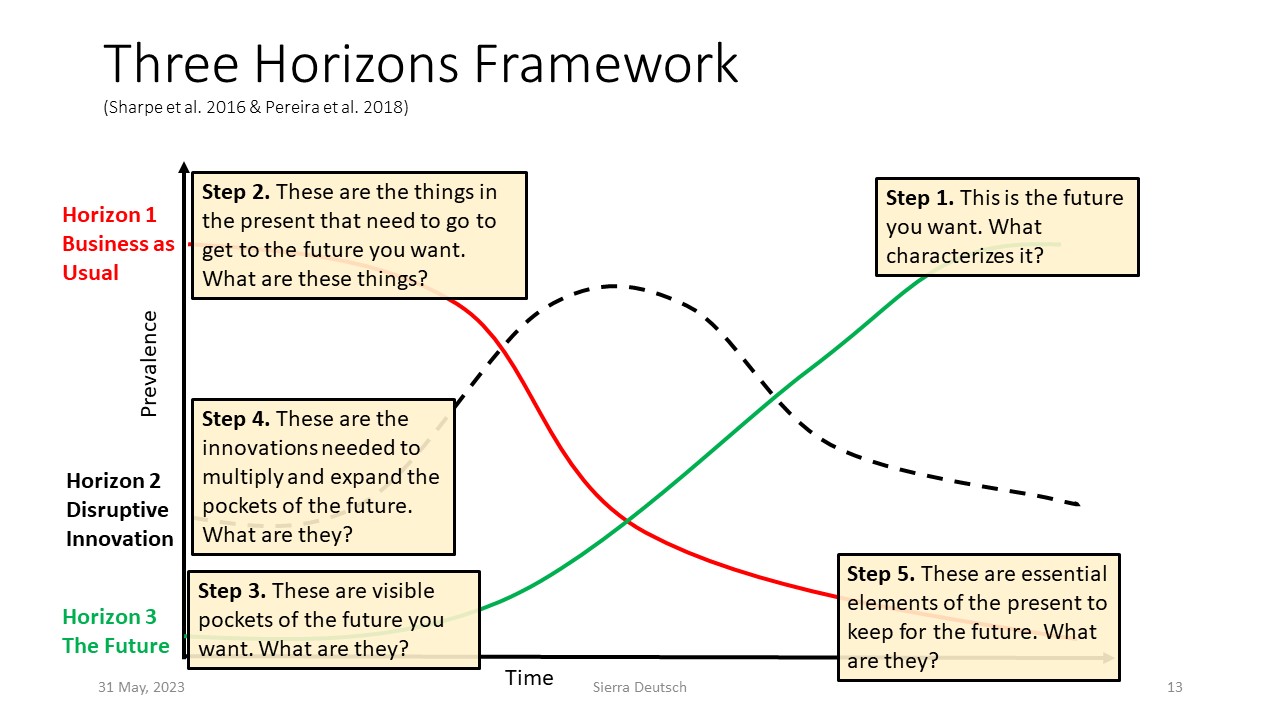Geographies of Socio-Ecologies and Just Transformations (EcoJusT)
In our research group we focus on questions of socio-ecological breakdown and just transformations to sustainable futures. We use critical social theory to understand the deeply rooted and shared causes of the ‘polycrisis’ of climate change, extinction, land degradation, pollution, intensifying social inequality and political stability, and related crises. In particular, we use concepts from political ecology and environmental justice to especially highlight the roles of neoliberalization and colonialism in creating and reinforcing systems of power and exclusion that lead to socio-ecological crises. Going beyond critique, we then investigate how lessons learned from our critical analyses can be put into practice in solutions. Here, we work across disciplines and with non-academic stakeholders. We particularly focus on collaborations/initiatives that aim to transform society towards sustainable futures. Within these collaborations/initiatives, we explore how putting critical social theory into practice can assist with respect for and inclusion of multiple values and non-Western worldviews. By centering diversity and epistemic justice in solutions, we believe that creativity and ingenuity can be amplified far beyond what Western science can offer alone and that holistic justice can be established as the core of the sustainable futures we envision.
Group leader
Group members
Dr. Jinat Hossain (Postdoctoral Researcher, Translating Transformations)
Mirjam Steiger (Research Assistant, Translating Transformations)
Dr. Annina Helena Michel (Research Associate, FIRI)
Dr. Roger Keller (Research Associate, FIRI)
Former group members
Rose Cecile Nelson (Master Student/Research Assistant, FIRI)
Dr. Clara Guardado (Postdoctoral Researcher, Translating Transformations)
Belongs to the organizational unit
Current Projects
Translating Transformations: Improving transdisciplinary transformative change initiatives by promoting critical social science literacy (project website)
Project supported by SNSF Project Grant (10001A_215132/1).
The project coalesces a range of knowledge and experiences from sustainability science, political ecology, and transformative practices to address 5 important scientific knowledge gaps in Transdisciplinary Transformative Change Initiatives (TTCIs): (1) how societal power dynamics can be made visible and how this can lead to (2) better integration of consideration for power dynamics and (3) more holistic problem-framing, as well as (4) an improved understanding of the role of critical social sciences in promoting better synchronicity among research, policy, and practice. It will also (5) boost understandings on how to bridge the gap between critical theory and practice. These scientific contributions will, in turn, facilitate better coordination of solutions to the polycrisis (grant information)
FIRI - ‘Flip it and reverse it’: Transformative change through (re)visibilization of interdependencies among humans and the rest of nature (project website)
Project supported by SNSF Spark Grant (CRSK-1_220573).
The project coordinates a team of Indigenous stewardship specialists, academics, and Swiss nature conservation practitioners to understand: (1) how critical theory on the core causes of the polycrisis can be translated into practical solutions in Transdisciplinary Transformative Change Initiatives (TTCIs); (2) how TTCIs can center holistic Indigenous worldviews without reproducing historical power relations and harms, and what this means in the Swiss context; and (3) what the broader transformative impact is of the learning associated with the coproduction of a TTCI that centers holistic worldviews (grant information).
